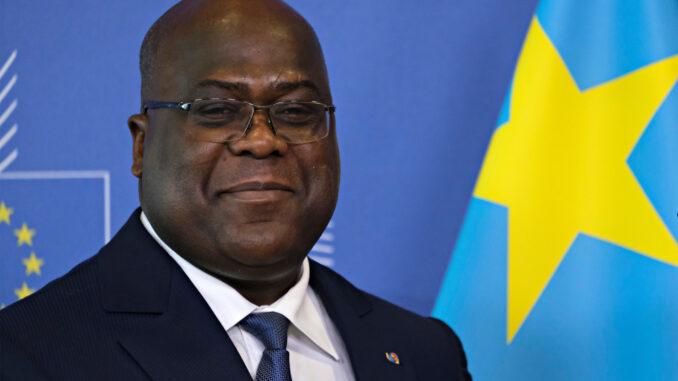
The Democratic Republic of Congo’s Government has imposed on June 4 a stringent ban preventing media outlets from reporting on former President Joseph Kabila’s activities or interviewing members of his political party.
This directive follows Kabila’s return to the country last month after two years of self-imposed exile, during a period marked by escalating tensions between him and the current Administration led by President Félix Tshisekedi. The ban, enforced by the Supreme Council of Audiovisual and Communication (CSAC), warns that violations could result in suspension, reflecting the Government’s intent to tightly control the narrative surrounding Kabila amid accusations of treason and alleged ties to the rebel M23 group, claims Kabila has vehemently denied.
The move has sparked immediate resistance, especially from M23-controlled regions, where spokespersons declared they would not adhere to the ban. Kabila’s party secretary, Ferdinand Kambere, dismissed the restriction as “arbitrary” and politically motivated. The former president has publicly condemned the government as a “dictatorship” following the senate’s decision to lift his parliamentary immunity in connection to the alleged support for the M23 rebels, further intensifying the political discord. Neighboring Rwanda, accused by Kinshasa of backing the rebels, denies involvement, adding layers of complexity to the conflict in the eastern region of the country.
Civil society and rights groups have sharply criticised the media clampdown, with activists like Jean-Claude Katende denouncing it as an abuse of power that undermines freedom of expression. Political analysts caution that such censorship may backfire by increasing public curiosity about Kabila’s whereabouts and activities, which his party continues to publicise through social media channels. As the government attempts to consolidate control over information, the situation highlights the fragile state of political dialogue and media freedom in DR Congo amid ongoing security and governance challenges.
